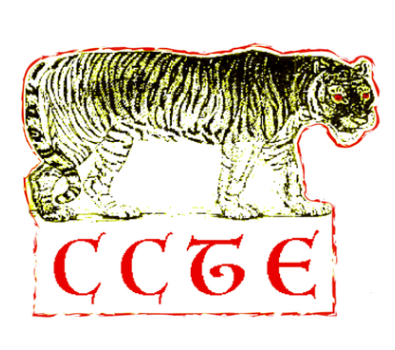Production
“Feelings of self worth should not be superficial, symbolic or a gift from others. They should emulate from their inner self and from healthy psychological, intellectual and spiritual growth. They should be connected to concrete things and wherever possible to production that enhances life…
Producing something, whether materially, socially, culturally, intellectually or spiritually, is important in building feelings of self-worth and empowerment and in encouraging creativity. A child … who learns about language through engaging in writing about something [they] have experienced, felt, or thought about, will recognize language as a means of exploring the environment and expanding [their] world and knowledge … Reflecting on one’s experience and taking action to change surrounding conditions is the best way to think concretely, meaningfully, accurately, creatively … [P]roducing something is much harder than consuming it; conceptualising is much harder than memorising and applying theories.” - Munir Fasheh
Production might seem like a uselessly broad mode. We produce things all the time, and not all of them are valuable, or give us this sense of self-actualisation described in the quote above.
The reason we think it’s worth mentioning is that production is chronically under-used as a form of learning. It is a form where people have to resolve differences and work together (whether they manage to do so in a good or a bad way), as opposed to in a discussion where things can be left unresolved as if this causes no problems. The kinds of conversation people have when they are making things together are vastly different and almost always superior to the kind of discussion people have when they are pontificating - it is one thing to complain about the lack of inventiveness or ‘militancy’ in sloganeering, and quite another to have to come up with the words of a slogan together, turning words over and over, looking them up, trying out different things, evaluating what you have done.
We find that production brings people very quickly to the realm of the particular, but also to the realm of the material - the thing they have when they are finished is something clear that they (and the teacher) can critique. It is something they can catalogue and look back on, to understand what they were thinking and doing at a different time. Discussion evaporates into thin air, production changes things in the world into other things, it confers immense responsibility.
Neither nations or [people] respect anyone who fails to make themself respected - Jose Martí
To act is the best way to make a point - Jose Martí
Example:
‘We want to teach people how to have arguments and remain commonly committed to the movement’
Each participant should write arguments they believe it is plausible that the group will have in the future on jenga blocks. They will then construct a tower out of everyone’s jenga blocks, putting the arguments they think they will have earliest at the bottom of the tower, and the arguments they think they will have later on higher up the tower. Every now and then they should place in the tower a decorative block that has pictures of flowers, hammers and sickles, words of camaraderie, and so on. At the very top of the tower they should place a red block. When the tower is constructed, the group should introduce it as if they are introducing it to young comrades who have come to see it in a museum after the revolution.
What’s the time?
in Al-Quds -
in Panama and Chicago -
in Burkina Faso -
in Scotland -
